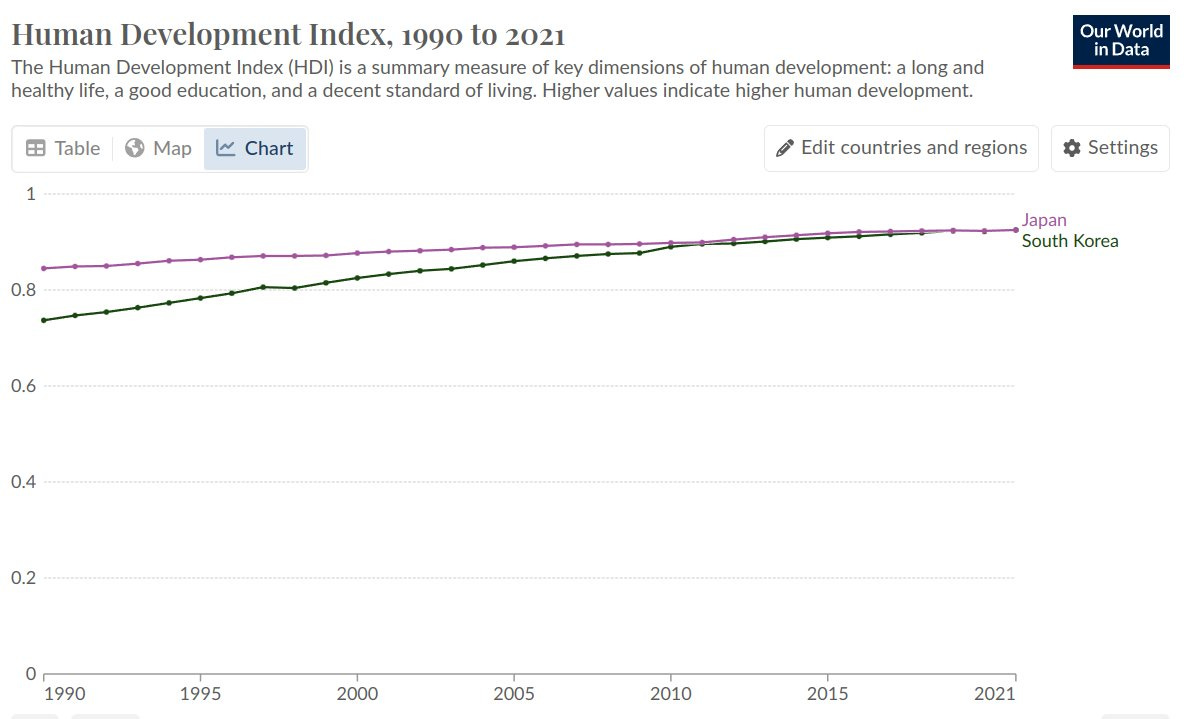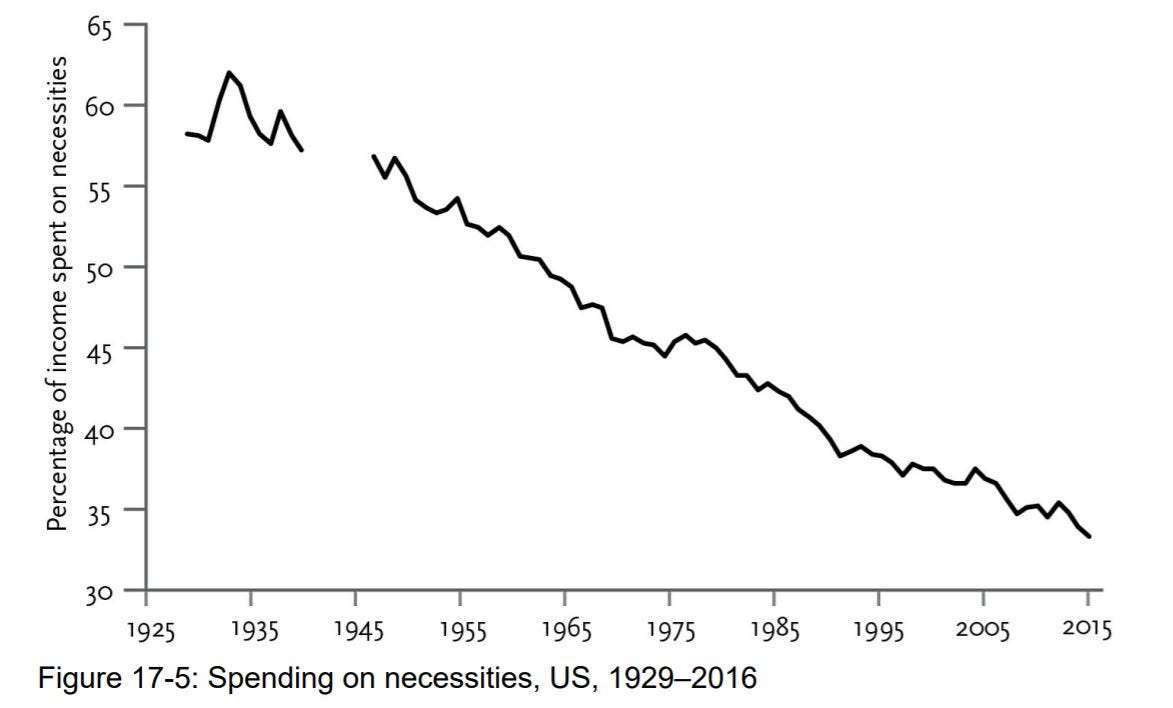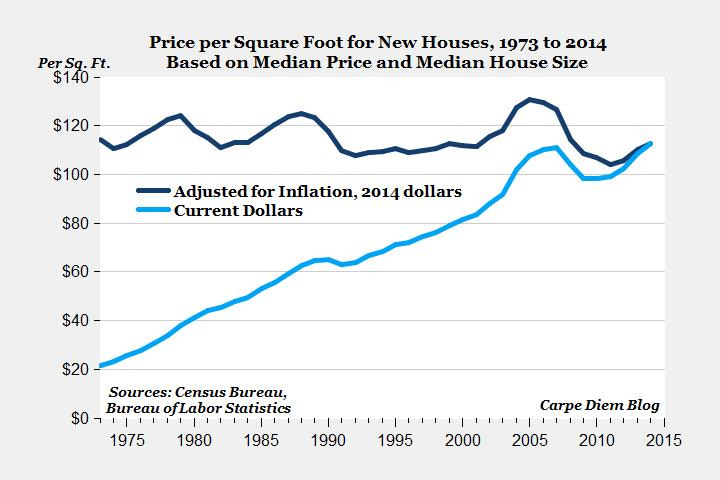Better verion here.
Political Ideology
One thing that surprises many about the race realism community is that White nationalism is surprisingly unpopular. Ryan Faulk, Sean Last, Bronze Age Pervert, Roko, Zero HP Lovecraft, and I do not support it.
My objection to White nationalism is simple: Whites don’t support it and they do not identify with their race. If they don’t view themselves as “White”, then how exactly is this political formula supposed to work?
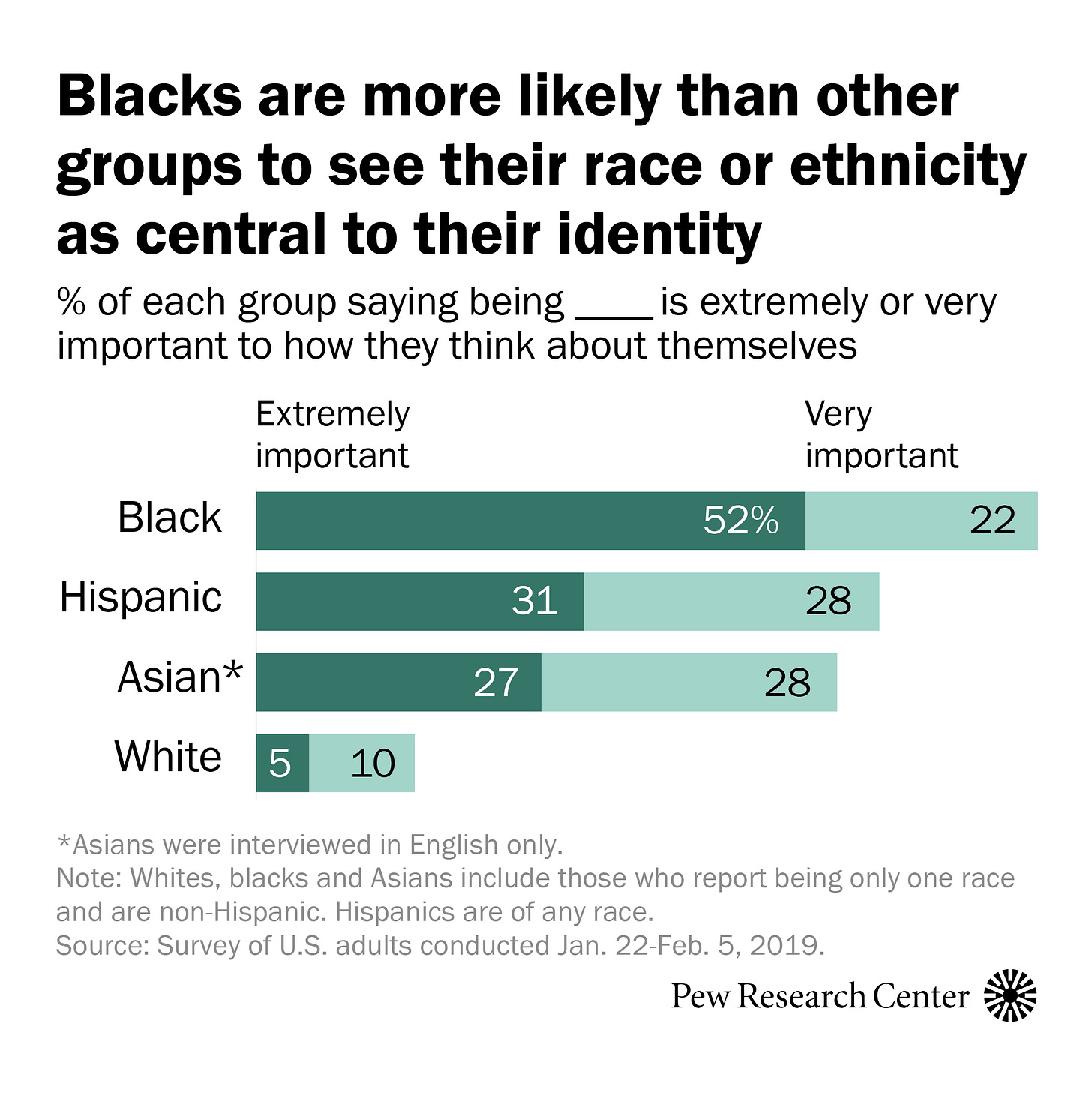
Genetically speaking, the “White race” does exist. Socially speaking, it doesn’t. White Americans and Croatians, despite their substantial genetic overlap, have little in common. This is because, as much as the hard right wants to deny it, cultural factors and location contribute heavily to identity independent of race.
Even if White identity was politically feasible as a strategy, it would still not be optimal, because what matters is greatness, not race. Greatness may correlate weakly with race, but it is much better to optimize for the former than the latter.
Another thing: ideologies and political theories do not fail because of “logical inconsistency”, they fail because they examine politics in a vaccum and don’t consider relevant logistical, biological, or political circumstances that determine the practicality of a political formula. Some examples of ideologies that do this:
Communism: ignores heredity and human selfishness.
Christian Nationalism: ignores that religious identity cannot be transformed into a political identity in western societies, as Christians do not see their religious identity as political. Worse, many people in the West are simply not religious, and have no desire to be.
Social Democracy: government programs, like the education system and healthcare system, are not efficient.
Libertarianism: Scott Alexander has a great review of libertarian policy where he concludes that society could benefit from being more libertarian, but that dogmatic libertarianism is impractical and wouldn’t work.
The rule is that most political theories fail, the exceptions are the ones that work, so it would be more efficient to review the ones that work. Of those, I count:
Liberal democracy with a small government and low levels of immigration: did work in the West for most of its modern history. This system is stable as it relies on the political influence of a large number of people, but in the long term it leads to inefficiency as Moloch starts to take over.
Populism: in its current form, is the best way to save the West from crime, race Communism, the social state, and immigration. Orban did it in Hungary. Bolsonaro did it in Brazil. Bukele did it in El Salvador. LKY did it in Singapore. There are a few failures like Farage in the UK, but these should not dissuade people from the trying - a 40% chance of winning is much better than 0%.
Fascism could be a political possibility if things go horribly wrong, but things are not this bad yet, and hopefully will not.
Monarchy worked fine for most of Europe’s history.
Network states look promising. Of course, they are a new idea and have no proof of function, but things like this should be considered at the very least.
About approaching political issues in particular: it’s best to drive home the most important issues like immigration, civil rights/DEI, eugenics, elitism, and cutting back the state instead of raging about less relvant questions like the JQ, White nationalism, miscegination, and the like.
Human Biodiversity
It is empirically undeniable that humans differ in traits between and within groups, that some of this variance in traits is due to genetic factors, and that these differences cause disparities in socially important outcomes. I think that trying to prove this has gotten a bit tiring as the anecdotal and factual evidence has been piling up, and what is more interesting are the social implications of these facts.
On the topic of “racial supremacy”, Costin Alamariu notes this: “define superiority in whatever way one will, and it will be clear that individual or quality thus defined doesn’t have a random distribution across human groups”. I think it would be improper to say outright which groups are “superior” to others; all I will say is that if you define superiority in whatever way one will, there will be substantial overlap in human quality between groups, unless variables are chosen that have large group differences (e.g. skin color, facial structure). There are, however, some pairs of races where the amount of overlap is admittidely not that large in comparison to what would be desired. Anecdotally, group differences in personality are fairly small: aggressive Asians, mentally stable Jews, and conscientious Black people are much more common than what would be expected if the differences in personality were over 0.7-1 SD in magnitude.
There is of course, the question of immigration, which is obviously linked to human biodiversity. My position is simple - the libertarians are correct about the fact that there are laws and policies that can be enacted to make even low skill immigration profitable. However, these policies are bound to change with time, and after these changes, the genotypic effect of low status immigrants will start to take its toll on the society.
Something that has penetrated right wing discourse is the relationship between HBD and political strategy. My position on this issue has been that HBD is true, but is not a feasible political strategy (see my article). My position on face-posting has shifted slightly; people who post face and admit to believing in HBD are necessary and helpful - anonymous posting is superior of course, but real name/face posters help with gaining credibility with normals.
Still, it’s best for politicians and people with insecure employment situations to avoid speaking about this in public. Instead, they should promote the noble lie of cultural determinism. Yes, it’s (mostly) not true. Yes, it doesn’t appeal to “smart” people. But it’s all that’s going to work in the forseeable future.
Even if our wokest days are behind us, only about 5% of the public says they think race differences in achievement are due to innate differences in intelligence, which is only 1% above lizardman’s constant. That’s rough.

Of course, some of this is due to social desirability bias, the real number is probably closer to 10%. And that’s not because the US public is woke, on the contrary, “wokeism” is not popular with most Americans - just that Americans do not see the connection between the woke and race science.
Racism
Racism and racist are ugly words; they lack a coherent definition and are used as a political tool to slander people instead of labels that aid in understanding the world. I find it hard to see why a teenager saying slurs on the internet, somebody who thinks race differences in intelligence are partially caused by genes, somebody who switches to the other sidewalk upon encountering a Black person at night, and a Ku Klux Klan member should be referred to with the same word. There are good videos and articles that detail this issue, I would recommend consulting them if you disagree with my assessment.
What is more important is how perceptions of differences between races should play into behaviour. For example, people who are Christian psychologically differ from people who are not religious, but it would be silly to discriminate based on such small differences. On the other hand, when interacting with chimpanzees, it would be best to treat them as a chimpanzee, no matter how intelligent or beautiful they may be relative to their group. There is a kind of “racist” who thinks that the distribution of human quality and traits across racial lines has no overlap, and behaves as this is the case. Ultimately he is wrong, and human races do not differ that much in important traits.
I will use the example of hiring a Black and White worker for the purposes of speaking concretely. Given that job performance correlates with IQ at about 0.4, and that Black people typically score below Whites in intelligence by one standard deviation, you would expect a difference of roughly 0.4 in job performance… Which is consistent with the observed data.

The differences in job knowledge in particular are large, but that’s just a function of intelligence being highly correlated with knowledge, and there being large race differences in intelligence. So are the race differences in work samples, but the confidence interval is wide, and the 0.4 difference that is observed in ratings (corrected for measurement error) is perfectly consistent with a 1-1.2 SD difference in intelligence between Whites and Blacks, so it’s probably closest to the true difference.
Assuming a difference of 0.4 SD in job performance, choosing a White worker instead of a Black one would be the right choice 61% of the time. This is better than a random choice, of course, but if the competence of a candidate can be assessed with even a reasonable amount of accuracy, being Black would provide little incremental explained variance in performance.

Defining ‘Woke’
A clip of a conservative influencer who was unable to define what “woke” means went viral some news cycles ago. It was embarrassing, even if it was a disingenuous attack, as anybody with good instincts knows that “woke” is something that is real and people refer to as a defined entity.
Like many words that are hard to define (e.g. intelligence) there are multiple competing definitions, of which I count:
Cofnas: wokism is the political/ideological conclusion of believing group differences are due to environmental factors.
Sean Last: “Wokeness is about hating the groups that have traditionally done well in society and trying to invert traditional hierarchies so as to dominate those groups.”
Wikipedia: “Woke is an adjective derived from African-American Vernacular English (AAVE) meaning "alert to racial prejudice and discrimination".[1][2] Beginning in the 2010s, it came to encompass a broader awareness of social inequalities such as racial injustice, sexism, and denial of LGBT rights.”
Personally, I believe that wokism is just critical theory for the masses. It’s an ideological framework that seeks to deconstruct why some people have more status than others, adds some necessary complexity (intersectionality) to it, and then advances ideas and policies that advocate for the interests of the downtrodden. Wokeism, in its pure form, is the same as leftism. The only difference is that wokeism has expanded the scope of leftism and magnified it to focus on biological inequality as well as economic inequality.
The Jewish Question (JQ)
I recently was interested in giving the MacDonald position on the Jewish Question a fair shake - his theory is that Jews have developed an evolutionary strategy that involves rising to positions of power and ruthlessly advocating for their interests. I read the start of the Culture of Critique and then it hit me - how can you explain Jewish involvement in socialist movements with this theory? The Jewish case for capitalism is obvious, but Jews would lose wealth and status if economic status were to be redistributed to the masses because they are disproportionately wealthy. I posted this critique on twitter and got into an argument over it, so I decided to look behind the curtain myself and check how Jewish different intellectual traditions were.
The correlation between how bad a movement is and how many Jews promote it is… Rather high. That said, I don’t think these findings are consistent with MacDonald’s theory. Ethnic self interest could explain why Jews support race denial and neoconservatism, but the same cannot be said for critical theory. If anything, a proper reading of critical theory would lead to radical anti-semitism - any explanation of Jewish eminence and success that does not appeal to nepotism or discrimination must be a product of Jewish influence and power.
That said, I think it’s hard to look at the chart above and not see that Jewish identity informs the beliefs of Jewish intellectuals, so this investigation actually made me somewhat more sympathetic to MacDonald. Besides this one technicality in the debate, I must admit that I support Cofnas’ critique of MacDonald’s theory. Besides Cofnas’ work, it’s worth highlighting that normal Jews do not exhibit “Jewish evolutionary strategy” in their political beliefs - I recommend reading the piece I linked, it’s quite good.
As for the political influence of the Jews, it’s negative, but I don’t think it was a necessary or sufficient factor in increasingly leftist views within the United Sates. I don’t have a good written defense of this position at the moment, for now I defer to Sean’s piece on the Jewish question.
Of interest is the high levels eminence and success that are observed in Jews, particularly the Ashkenazi; I’m personally not convinced it’s all psychological/heritable, though it’s worth mentioning that even two small race differences that load onto the same variable can create large differences at the tail ends of ability. Ethnic nepotism/cultural factors seem to be factors that influence representation at elite universities, but I find it hard to believe that this causes them to be 17% of American billionaires and 30% of American nobelists.
Jews have a reputation for treachery and lying, which appears to be culturally and nationally invariant. Many are quick to dismiss this as petty anti-semitism, but stereotypes tend to be accurate, so it would be best to give the theory an honest shake. I have previously published that Blacks and Hispanics are less honest than Whites - using the same dataset, I find that Jews are not less honest than White gentiles.

I could believe that there is some bias in self and parent reports, though this composite was created with interviewer reports as well, which are less likely to be biased between groups. I suspect that the difference in honesty between Jews and gentiles is small or nonexistent, though I admit that I cannot be sure of this. The personality difference between Jews and White gentiles that replicates the most appears to be mental illness/p-factor, with Jews being more psychpathological traits than gentiles. According to Kirkegaard’s analysis of a website’s data, Jews were more at risk of being diagnosed with OCD and anxiety disorders in comparison to people of European ancestry within UCLA patients.
This also replicated in the OKCupid dataset, with Jews being the ethnic group that was most likely to have seen a therapist
IQ Realism
Like in the case of human biodiversity, it is empirically undeniable that IQ is measuring something about humans that is real and predictive of life outcomes, even when you control for covariates like parental SES. The debate for those in the know is now a question of what magnitude. Within the meta-analysis of the correlations between IQ and outcomes, most of them are fairly low, except for academic performance, job performance, and occupational attainment. Notably, income is quite low, sitting at a meager 0.2.
However, this low correlation is biased by poor measurement, as the correlation increases after controlling for the unreliability of income and segregating by sex (r = .47 in men, r = .29 in women, p < .001 interaction).

To summarize, IQ is important for accruing economic status and being competent, but not for much else.
In the modern day, it is correct that national IQ is a strong cause of national development. However, this is partially an artefact of scientific/technologic advancements from Europe diffusing to the rest of the world. Before 1950, Japan and Korea were far behind the West in terms of development, but after globalization diffused technologies to them, they began to catch up, and may even surpass them in the future.
Future of the developing world
In addition to having lower IQs in general, undeveloped countries have stronger relationships between intelligence and fertility.
I have some doubts about the reliability of these figures on an individual level; that said, they correlate highly with dysgenic fertility for education between countries (r = .65), so the true reliability of the numbers in the image cannot be that low. Based on the chart, dysgenics are weak in Europe, but strong in the Middle East and Latin America. Using gwern’s maths, I determined that even low quality embryo selection could reverse the effect of dysgenic fertility in Europe:
Assuming that 20% of Westerners in the future select their embryos for intelligence, half of those 20% only select for intelligence, and 20% of the causal variance in cognitive ability can be estimated with genes, then embryo selection will boost the average IQ of the population by approximately 0.73 points per generation (math done with gwern’s help). This is roughly equivalent to an increase of 0.24 IQ points per decade, which is enough for most developed countries to maintain their current levels of intelligence, assuming that the relationship between intelligence and fertility remains the same. Theoretically, genetic predictors should be able to explain up to 50% of the variance in intelligence, so this may be an underestimate of the impact of embryo selection.
Potentially, these international differences are a statistical artefact of family size having larger effects on child intelligence (most of these statistics come from correlating child IQ with family size, not from measurements of parents). That said, educational attainment and fertility seem to have a (relatively) strong correlation in the Middle East and Latin America as well.

Because of these figures, I think that the developing world has few prospects, and will remain poor for the forseeable future. A few countries like Kazakhstan or Mongolia that have reasonably high national IQs (88-90), are stable, and are not severely dysgenic could develop with genetic engineering and AI, but these will be the exceptions and not the rules. I also predict that these strong relationships will attenuate with time because these nations will develop, but it’s unlikely that they will catch up to the West.
Most of this research on national development/dysgenics has come from yours truly, who is an internet random with zero credentials - for all you know they could be fraudulent or due to statistical artefacts. For what it’s worth, I was sent this upcoming book by Emil Kirkegaard - apparently some mainstream scientists found that the relationship between social status and fertility changes with national development:
This is the first book to fully examine, from an evolutionary point of view, the association of social status and fertility in human societies before, during, and after the demographic transition. In most nonhuman social species, social status or relative rank in a social group is positively associated with the number of offspring, with high-status individuals typically having more offspring than low-status individuals. However, humans appear to be different. As societies have gotten richer, fertility has dipped to unprecedented lows, with some developed societies now at or below replacement fertility. Within rich societies, women in higher-income families often have fewer children than women in lower-income families. Evolutionary theory suggests that the relationship between social status and fertility is likely to be somewhat different for men and women, so it is important to examine this relationship for men and women separately. When this is done, the positive association between individual social status and fertility is often clear in less-developed, pre-transitional societies, particularly for men. Once the demographic transition begins, it is elite families, particularly the women of elite families, who lead the way in fertility decline. Post-transition, the evidence from a variety of developed societies in Europe, North America and East Asia is that high-status men (particularly men with high personal income) do have more children on average than lower-status men. The reverse is often true of women, although there is evidence that this is changing in Nordic countries. The implications of these observations for evolutionary theory are also discussed. This book will be of interest to students and researchers in the social sciences with an interest in evolutionary sociology, evolutionary anthropology, evolutionary psychology, demography, and fertility.
To summarize, they find that social status and fertility correlate positively in undeveloped societies, then the relationship reverses as the country develops. The correlation between social status and fertility is higher in men than women, and this appears to be true regardless of national development. In my own meta-analysis, the correlation was strongest in middle income countries (e.g. Latin America, Turkey, Romania), weakest in high income countries (e.g. Europe), and varied substantially in extremely undeveloped regions (e.g. Africa)
I theorized this was the case six months ago:
As many of you already know, I am currently working on the relationship between intelligence and fertility internationally, and this is my working theory:
Industrialization induces dysgenics through various means - removal of selection pressures and the education of women. However, highly accelerated industrialization and culture makes fertility uncommon and only weakly linked with intelligence and status.
There are two approaches to fertility - wait until you are ready, or have sex and see what happens. When the latter approach is culturally dominant, dysgenics accelerate as the most careless and unintelligent of the population will breed more. However, when the former is culturally dominant, fertility is eugenic, as those who are most able to marry and secure resources breed. There will be some exceptions and outliers - America is the most technologically/culturally accelerated nation in the world, but still has relatively strong dysgenic fertility. In contrast, there are a few nations (such as Kuwait) that have surprisingly "ambigenic" (no relation between fertility and status/value/intelligence etc.) fertility patterns.
(quote was edited to make it more compact and readable)
USA vs China
There is also the question of multipolarity - will the USA continue as the world power, or will China/India/Russia rise to the occasion? To be honest, the only serious players here are America and China, so these will be the countries I will focus on. Internationally, there are several variables that play into how powerful a country is:
Population size
Economic strength
Allies
Cultural influence
In terms of population size, America is dwarfed by both India and China, but this has been true for a long time.
The USA does have a larger economy than China, and particularly India and Russia.
However, this does not take into consideration that the cost of living is much lower in poorer countries, which overestimates discrepancies in economic size between nations. After this adjustment, China’s economy is stronger than America’s.
From first principles, there are several factors that influence a country’s economic station:
National IQ: countries with higher levels of intelligence are wealthier and tend to have stronger economic growth. The correlation between IQ and wealth between countries is about 0.8, and the causal path appears to be from IQ to wealth. This, in my opinion, disqualifies nations like India and Nigeria from ever surpassing the United States.
Political system: Eastern European countries, despite being reasonably intelligent (IQs of 90-100 or so), are generally undeveloped, due to the fact that Communist policies had negative effects on their economic development.
Resources: certain countries like Saudi Arabia and Qatar have extremely developed economies due to their supplies of oil.
When you contrast both America and China, it is China that has the superior indicators of economic development. While there is controversy over what exactly China’s national IQ is, I went through the data myself (twice!) and found that China’s national IQ is about 97-104, which is probably higher than America’s national IQ (97). Both have strong sources of natural resources - America has lots of oil and China has lots of rare materials.
China’s political system is not unsuited for economic growth; there is a perception on the internet that China is a “Communist country”. This is a myth. China has been informally privatizing its economy since the 80s, and since then the private sector of the Chinese economy has been growing.

And neither is the Chinese government uniquely “repressive”. It does have a block on certain websites on the internet, but that is easily bypassed, and people are not persecuted for doing so. There are some unfortunate incidents like the scientist who got jailed for working on CRISPR, but there is repression in the West as well. Tthe Chinese government censors the word ‘Winnie-the-Pooh’, and the west censors, well, you know what I’m talking about. Are these things really that different? All cultures and societies have their taboos and sacred traditions - it’s only a question of quantity and intensity.
Pundits who talk about China’s “authoritarianism” and “backwardness” are stuck in the 20th Century; right now China’s housing situation is the biggest problem that it faces. With the exception of a few random countries, China has the highest property prices of any nation.

Other Asian countries, such as Japan and Korea, did eventually dig themselves out of their hole and become as developed as the United States. I see no reason why this shouldn’t apply to China - it’s as intelligent as Korea and Japan, and has privatized its economy. Because of this, not only do I think China will significantly surpass the United States in its economic power, it will do so by a factor of 2-3.
A concern about China that people have is demographics - China’s TFR at the moment is about 1.15, while America is sitting at about 1.6. This is a pretty large advantage that America has over China - but I don’t think it’s that significant in the grand scheme of things. Many other countries, especially in Asia, have equal or worse TFRs, so it will not affect China’s status relative other nations in the forseeable future.

Despite my tempered optimism about China’s economic future, I am fairly confident it will never depose America as the global superpower. That’s because America’s power is cultural, not economic or political. People around the world are not learning Chinese, they are learning English.
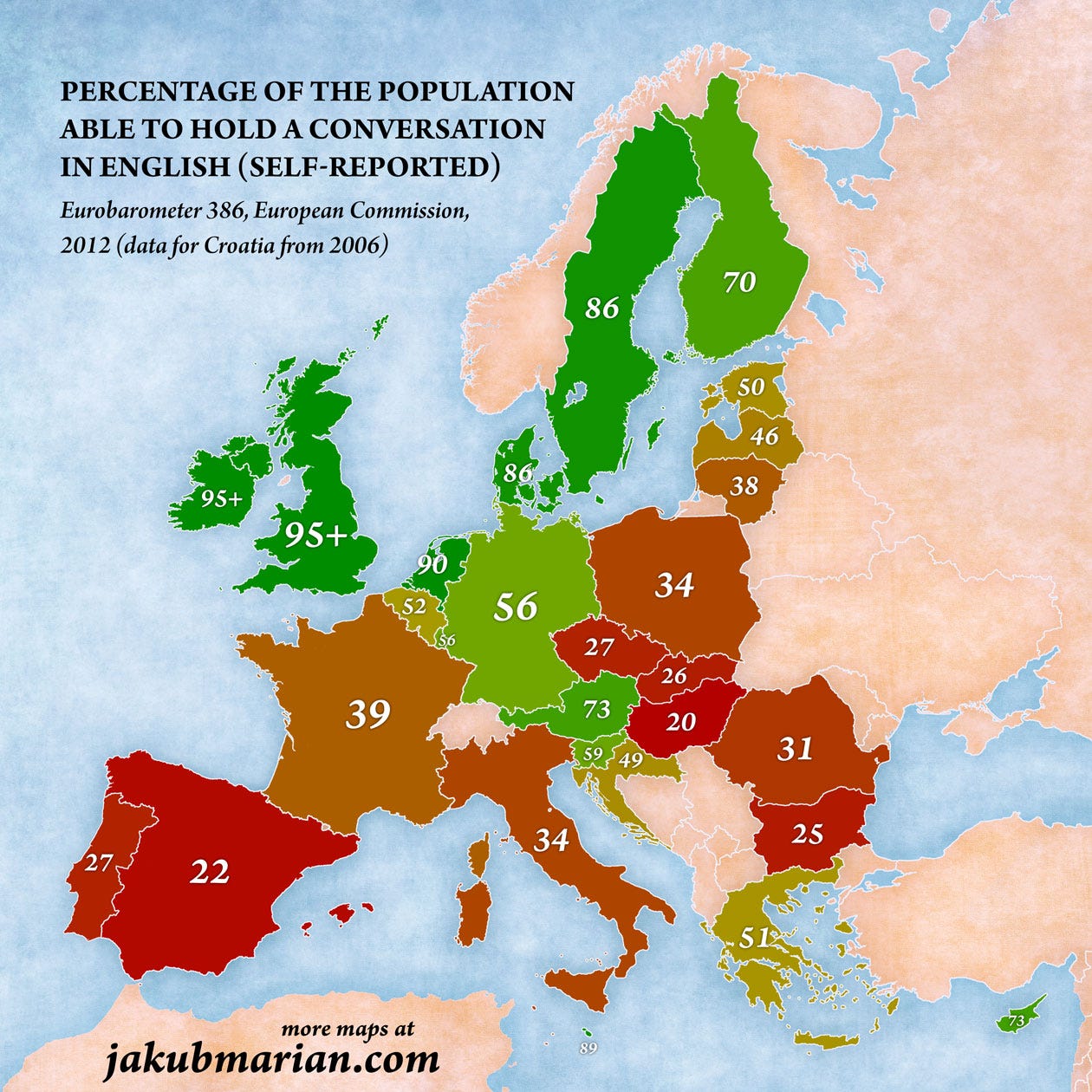
This chart is deceptive. I’ve been to about half of these countries, and even in the sub-30 nations, most people speak English just fine. This is especially true of the elite and the young, who are the people who matter the most in the grand scheme of things.
America still dominates in media - American music, clothing, movies, television series are widely popular. China, on the other hand, punches severely below its weight in cultural influence, especially when you consider that it is one of the largest and most intelligent nations in the world. Regardless of whether this limitation is due to genetic or cultural factors, it is doubtful that China will emerge as a cultural superpower in the coming Century.
America and China used to have about the same levels of international support, though this is no longer the case in the post-COVID world, as Chinese support in the general public has plummeted.

Sure, there is the whole trade angle, with China surpassing America when it comes to trade volume between countries, but I fail to see how that matters when China has zero cultural influence and moral support from other developed countries. AI development also makes the case for Chinese dominance weaker, as America is, by far, #1 player in the tech industry.

AI
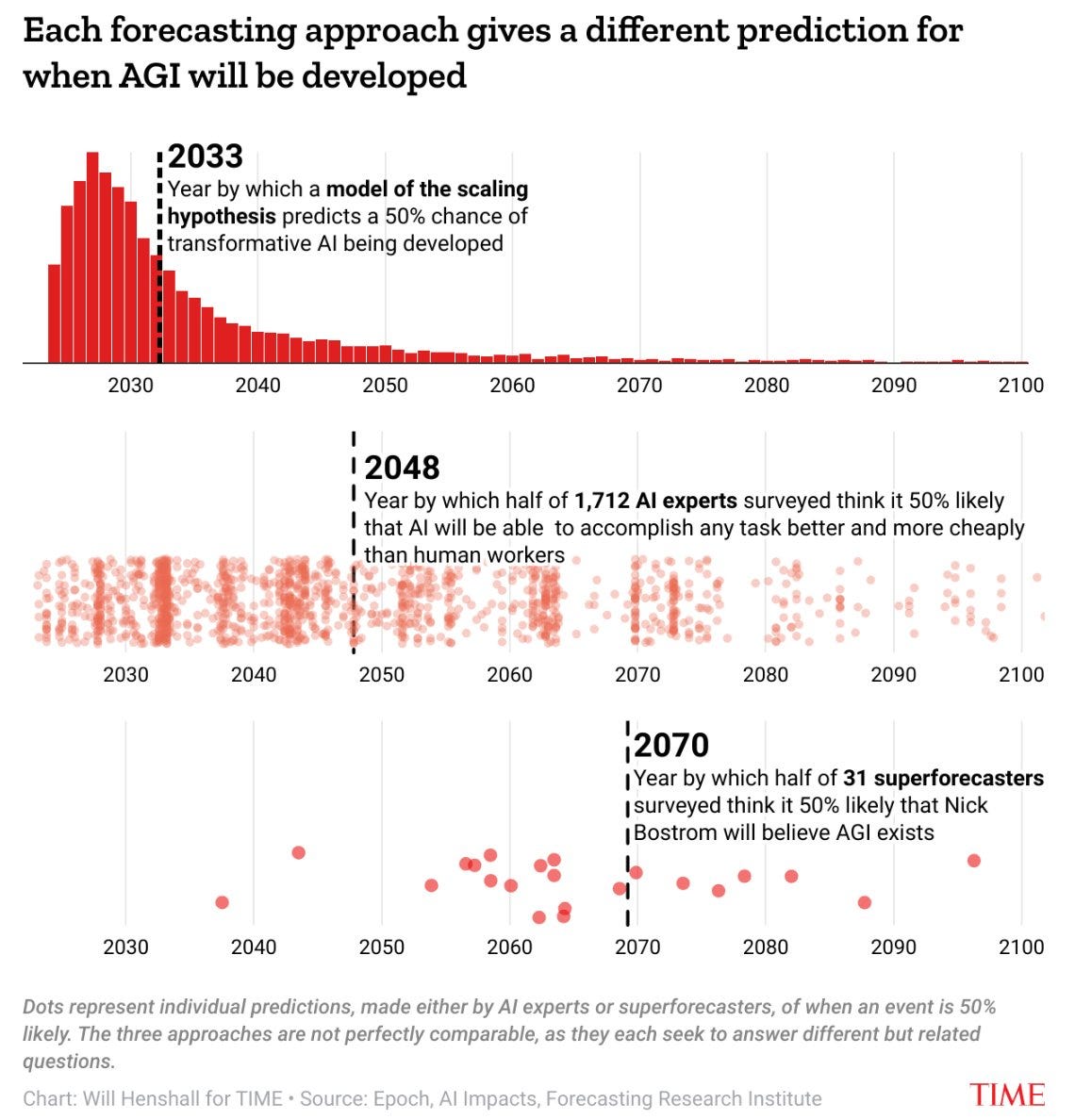
Given the prior that the effects of technology tend to be overestimated in the short term and underestimated in the long term, I doubt that AGI is coming any time soon. Sam Altman’s request for “7 trillion” USD in funding (trying my best not to make a certain joke) is probably just a publicity stunt or internal hype that will die out.
There are concerns that AI will reduce the credibility of content because of deepfakes and LLMs - I’m not so sure, personally. The most widespread use of these technologies is for humour; the fact that AI generated content “isn’t real” is the butt of the joke more often than not.
This is admittedly not an issue I’ve thought deeply about, but I am optimistic about the use of GPT and strong AI, as it will depose the shopkeeper-esque work that is boring and unnecessary, while real talents will still be able to play the game as it is.
“Is the line going up?”
The American economy has been objectively improving ever since the 70s, but the myth of productivity stagnation is still pervasive in the public. I think this is because we live in an age of cultural/social decline, and people want to blame things like the economy for this decline. The cause of the decline is psychological in nature, as modern people are more narcissistic and mentally ill than their ancestors.


The last scatterplot looks a little iffy. Fortunately, they posted the p-values for the increase in each facet of psychopathology, and they look fairly robust:
On the economy in particular - I am even more bullish than economists on the existence of economic growth. The economy cannot be reduced to a number like GDP per capita, as these figures are not adjusted for purchasing power and other artefacts. For example, “Japan’s 30-year stagnation” is fake, and disappears after controlling for PPP.

This also holds up when HDI is used as a measure of living standard instead of GDP.
This focus on GDP and optimizing for these statistical metrics is also linked to the aging population debate. If people at different ages have varying incomes, a shift in the age of the population changes the average income of the country, but not the average income of a given person across their lifespan. What matters is obviously the latter. Unfortunately, because midwit economists are so autistically obsessed with these metrics, the problem of populations aging is somehow now a political issue, when really what should be done is cut to pensions.
The quality of the services being purchased is rarely invariant across time; economists do make adjustments for these kinds of artefacts, but quality cannot always be measured with numbers. For example, computers in the past could not do as many things as they can do now, even when controlling for hardware capacity.
Within the United States specifically, the evidence overwhelmingly suggests that the average person has a higher living standard, notably, they spend less on necessities and that the prices of homes have not increased when inflation and price per square foot have increased.
How is a blooming economy consistent with increased levels of narcissism, mental illness, and suicidality in the youth? The answer is obvious - that living standards don’t actually matter that much in the grand scheme of things, and that the correlation between income and happiness is partially noncausal and partially due to the fact that it is status that directly causes happiness and not income.
Conspiracy vs Emergent Order
I am not one to frown on conspiracy theories. There was certainly more than one shooter in the JFK assassination, and it may be the case that the Oklahoma City bombing and the 9/11 attacks were deliberately ignored by the government for political purposes. I don’t post about this topic as believing in “conspiracy theories” is an easy way to look like a loon to “normal one havers”, but I think it’s worth stating what I believe for the purposes of honesty.
That said, large events and trends (e.g. wokeness, wars, increasing mental illness) seem to be dominated by emergent effects and not conspiracies. There is not one piece of evidence and data that I can provide to substantiate this; I’m afraid it’s all just “vibes”.
Dating hypercomplexity
As far as I know, the strongest and most credible result in dating psychology is that partners are more similar in traits than what would be expected by chance. Notably, in age, political views, educational attainment, drug intake, and hobbies. Some of these probably have a component of mutual causation like political views or drug use, but most of the observed relationships are probably due to assortment.
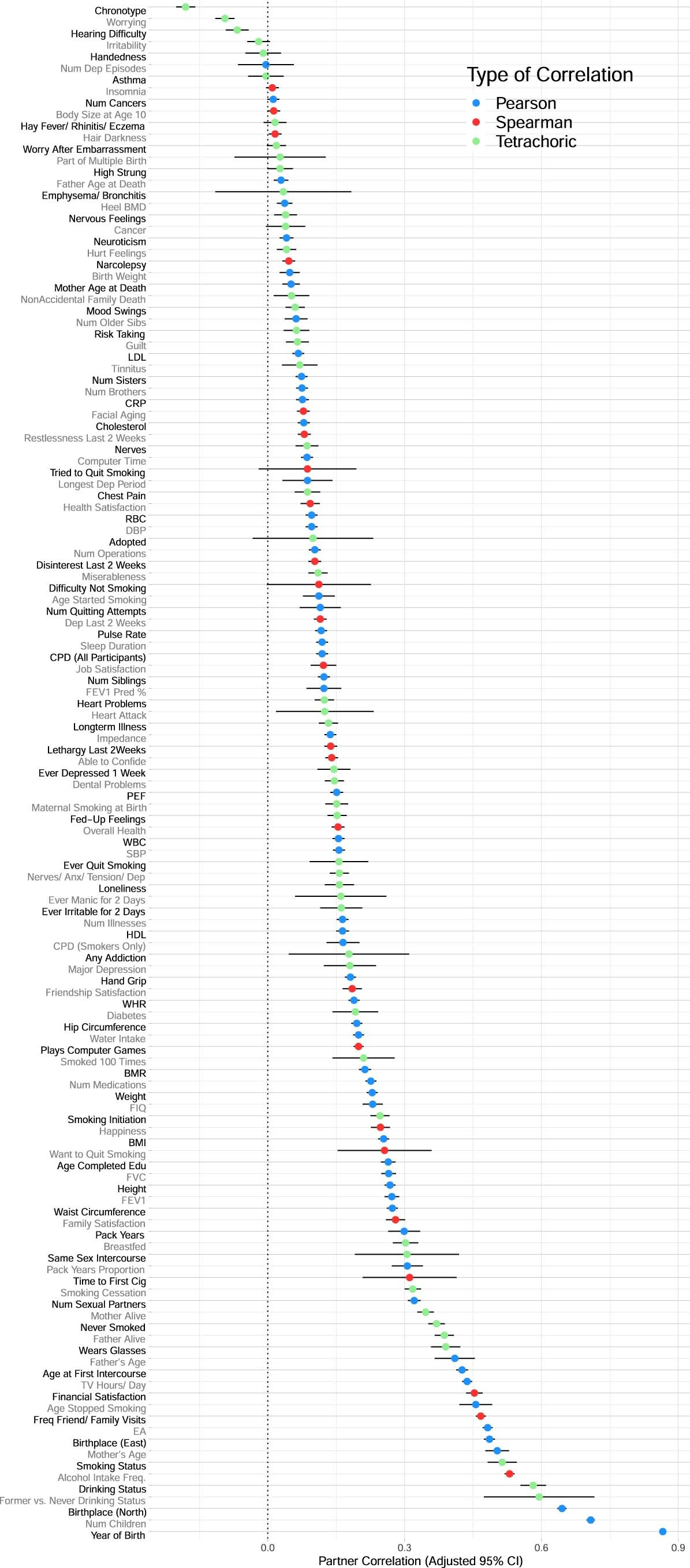

Theoretically, if humans assortatively mate for mate value, there should be cross-trait correlations between traits. That is, if height contributes to male mate value and attractiveness contributes to female contributes to female mate value, then female attractiveness and male height should correlate between partners. So, what is the correlation in real life?
r = .12, n = 72. 95% CI: [-0.10, 0.34]
Small sample, but if a large correlation did exist, it would have been found.
Beyond the magnitude of the relationship, correlation doesn’t prove causation: taller men might have more attractive girlfriends because they are more attractive themselves, and people assortatively mate for attractiveness. Taller men might have more confident personalities and higher social status, and that enables them to find better looking mates. These kinds of complexities makes it even more difficult to determine whether a trait causes increased mate value.
There are other studies of this sort, one of which found basically nothing, besides some cross-trait assortative mating that you would have expected because of correlations within individuals. For example, the BMI of a respondent and their partner’s educational attainment are correlated, but those also correlate within individuals, so it’s entirely possible that BMI has no effect on the ability to gain more educated partners.
Lord Emil Kirkegaard also tried to study this, and found zilch.

Dunkel et al. tried this with intelligence and attractiveness, and found (very weak!) cross-trait assortative mating between the two traits, but a small relationship between respondent intelligence and partner intelligence.

So, that leaves two possibilities:
That there is no sexual marketplace, so cross-trait assortative mating does not exist independent of correlations between individuals and assortative mating.
There is a sexual marketplace, but its existence is hidden behind layers of measurement error, interactions, individual preferences, randomness, sex-specific effects, interactions between interactions and sex, and non-linearity.
To endorse the former would be to reject essentially all of evolutionary psychology. Because of this, I must endorse the latter: the hypercomplexity hypothesis. I hypothesize that this randomness occurs for various reasons:
Measurement error.
Determining whether a trait is linked with sexual success by measuring an individual’s relationship status, number of sexual partners, or fertility is erroneous. In many cases, these relationships are caused by self-selection, for example, overweight women tend to have slightly more sexual partners, and it is the case for men as well.
For fertility, the same problem applies. Less educated people have more kids and the same is true for unintelligent people, unless you live in Estonia or Switzerland.
Beyond measurement error in the dependent variable, there can be measurement error in the independent variable, which is particularly an issue for self-reported personality.
Differences in preferences: people vary in their preferences for traits in partners.
For example, a very attractive 5’2’’ girl who only dates men taller than her is going to date men who are about the same height as the average man. In contrast, women with strong height preferences are probably going to date taller men. Besides this, people might not even be confident enough to date partners who match their standards, or they might date people who don’t because they have nobody else to chase after.
Differences in percieved attractiveness between people.
Attractiveness is “objective” in the sense that some people will be considered to be more attractive than others on average, but people can differ widely in their assessments of other’s attractiveness. Therefore, differences in assessment will make the sexual marketplace more difficult to see in the data.
Randomness
Most people marry or date people of the opposite sex who happen to be in their same social circle who they happen to be compatible with. This introduces randomness in observed correlations and makes the existence of a sexual marketplace more difficult to prove.
Social-desirability reporting in dating preferences.
People of both sexes tend to claim to want more intelligent partners. But intelligence and speed-dating performance doesn’t correlate, and ther cross-trait assortative mating between attractiveness and IQ is weak.
Narcissism-influenced preferences and trait self-selection.
People self-select into traits to a certain degree, that is, they can make decisions that influence their weight, income, educational attainment, health attractiveness, and political views. If a person believes a certain trait (e.g. income) is important, they will make decisions to increase their income and they will probably chose partners based on their wealth. This will cause observed assortative mating effects to inflate, and cross-trait/interactive effects to deflate.
People, on average, tend to be narcissistic. Therefore, if they have a trait, they will want to convince themselves it is a good one. If a person’s traits influence their values, that should also influence the choices they make. Theoretically, this means that assortative mating should be greater in narcissistic individuals (this coincides with my anecdotal experience, funny enough), so to explain larger amounts of variance, reliable measurements of narcissism are necessary. And those are difficult to get, as self-reported narcissism is extremely unreliable.
Technically, these are theoretical causes behind assortative mating that might not be obvious, but what I am trying to communicate is that little evidence for complex mating and strong evidence for assortative mating is not incompatible with sexual market value theory.
Data hidden in items and subfactors
This is particularly relevant for personality; the predictive validity of personality lies in items, not general factors.
Interactions between sex and traits
The cross-trait assortative mating paper didn’t post interactions - for example, female BMI may be more predictive of their male partner’s education than vice versa. My somewhat contrarian take is that there will be few of these interactions, and that most of the sexual market value effects will be sex-invariant. This is because selecting for characteristics in the opposite sex that are attractive in your own sex is adaptive because it will increase the fitness of the children that share your sex.
It would be possible to compute a statistic of sex inequality, which is the fraction of variance that can be explained with an interaction model vs an additive one adjusted for the lower degrees of freedom in the interaction model. Likewise, it would be possible to compute a similar statistic that is the ratio of causal effect of a trait predicting the quantity of the same trait in a partner vs the the effect of other traits within a vector of traits.
Nonlinearity
The most obvious examples of a trait being nonlinear in relation to attractiveness is BMI - extremely low BMI is unattractive, but extremely high BMI is as well. Because most analysis in the social sciences is linear, the existence of nonlinearity will attenuate explained variance. (Yes, I know the scatterplot does look random as hell, the relationship is weak because it is observed within highschoolers in the early 60s).

While there are some topics that are very easy to analyze with statistics (e.g. national development) if they are approached with competence and honesty, I cannot say the same for dating. I respect the work posters like datepsych and nuancepill are doing to try to combat statistical nonsense in the online world, but I can’t help but feel that many of these discussions arise due to the limitations of statistics rather than the misuse of them.
Media
I must dispense with the myth that taste is somehow “subjective”. Even if two people can enjoy or appreciate a work to different degrees, quality assessments of works are correlated between individuals, and this positive manifold leads to rating disparities between works.
The “media taste is subjective” meme took off because it was good at diffusing conflicts, not because it was true. And in some ways it is a noble lie - the modern generation is too obsessed with media and with identifying with subcultures (e.g. potterheads, narutards). Anecdotally, I find that discussing these things in person is unproductive - what are you supposed to argue about besides “I liked it” and “I didn’t”? You might remember individual moments/aspects of a work that inform your opinion, but it is unlikely that the other interlocutor will remember those specific things. These kinds of things are best discussed in forums or online than in person, as the online setting allows people to relax and collect their thoughts.
There is also the question as to whether media can truly be “overrated” or “underrated” if some abstract notion of a collective rating of quality is what determines a work’s quality. The answer to this is yes: there seem to be some works that are good at getting “highly rated” but do not drive people the same way other highly rated ones do, an example of this would be the anime Fullmetal Alchemist. There is agreement that it is a good work, but it is rare to see somebody have it as their favorite.
Social desirability bias is also at play here - some people endorse some books like Infinite Jest to seem cool, when in reality they may not even have read them.
The Holocaust

Keep reading with a 7-day free trial
Subscribe to sebjenseb to keep reading this post and get 7 days of free access to the full post archives.
















